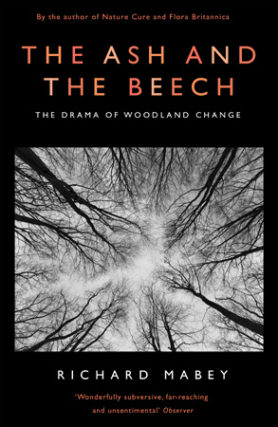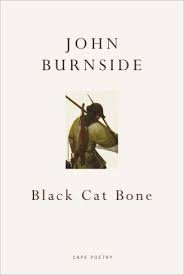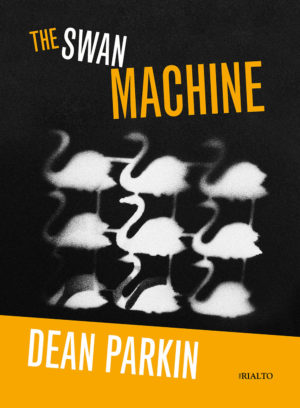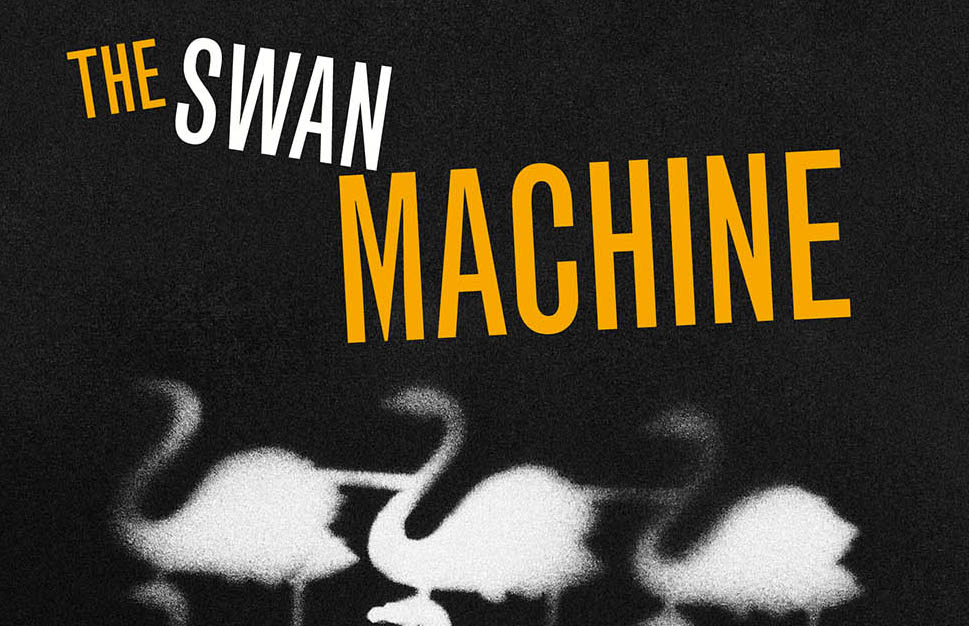***STOP PRESS*** 3 November. Helen Macdonald is now taking part in the Rialto-sponsored discussion ‘Language & Nature’ on Friday evening. A chance to remember that she’s not only the award-winning author of H is for Hawk but also a powerful and original poet – her collection is Shaler’s Fish (Etruscan Press, out of print). There are some poems of hers online here; see also the review I wrote of Shaler’s Fish a while ago on Displacement. She and John Burnside will be in conversation. Unfortunately Richard Mabey has had to pull out (doctor’s orders). *** ***
When I open my bedroom curtain to a wall of yellow I know it’s time for the Aldeburgh Poetry Festival. The leaves are on sycamores rooted part way down a steep embankment, so I get the full canopy at eye level. This year one big tree has gone brilliant yellow, gold in the early sun, but the other is still green.
The Rialto will be at Aldeburgh. We’re supporting an event and launching a full collection, and there will be a Rialto stall in the Festival Lounge. I think that amounts to Having a Presence.
The event is a conversation, ‘Language & Nature’, between naturalist and nature  writer Richard Mabey and poet and novelist John Burnside (7pm at Snape, Friday 6 November). We chose to support this because it fits with the Rialto’s connection with nature poetry… and/or eco-poetry – a language question already. The programme says: “They will address the need to reconsider the countryside, avoid idealising it and respond to today’s environmental emergencies”.
writer Richard Mabey and poet and novelist John Burnside (7pm at Snape, Friday 6 November). We chose to support this because it fits with the Rialto’s connection with nature poetry… and/or eco-poetry – a language question already. The programme says: “They will address the need to reconsider the countryside, avoid idealising it and respond to today’s environmental emergencies”.
How will they do all that in one talk? Richard Mabey is a writer who makes interesting connections, so could take us anywhere. The thing I last read by him was in the Guardian a week or two ago: ‘How plants think’. It’s not particularly long but contains cycads, Oliver Sachs and ‘plant neurobiology’, plants (not) as furniture, ‘cerebrocentrism’, branching patterns in cave paintings, negative capability, echolocation, plant / insect relations and a personal experiment with some fly orchid flowers.
Andrew Motion has described Mabey’s prose as “exceptionally watchful”. This could apply to John Burnside’s poetry which reflects metaphysical and ecological concerns. Burnside himself talks about the practice of poetry as “an ecological discipline of the richest and subtlest kind”. Here is an extract from ‘The Last Man to Speak Ubykh’, who
.. whispered the name of a bird
in his mother tongue,
while memories of snow and market days,
his father’s hands, the smell of tamarind
receded in the names no longer used:
the blue of childhood folded like a sheet
and tucked away.
The launch is for Dean Parkin’s first collection The Swan Machine. It’s the festival’s first event (4.15 on the Friday afternoon, in Aldeburgh, Peter Pears Gallery). Such pride of place is Dean’s due as the Poetry Trust’s longstanding Creative Director. If you’re a regular festival goer you’ll recognise his countenance, spectacles and stripy scarf in the mugshot on the sensational swan-filled cover, designed by Annabel Dover and our own Nick Stone.
Dean has gathered poems slowly, over 20 years, a good sign. The title poem is the first in the book. I’m not going to quote from it because that might spoil what for me was enjoyable: starting to read without preconceptions. Except that the poem would contain a swan machine; a what…?
good sign. The title poem is the first in the book. I’m not going to quote from it because that might spoil what for me was enjoyable: starting to read without preconceptions. Except that the poem would contain a swan machine; a what…?
I like the particularity of these poems. They contain a jumble from past and present of everyday happenings, people and things. A common factor is Suffolk where Dean was born and bred, and lives now; the growing-up poems have an edgeland feel. Coal bunkers, dogs, bikes, mothers, fields, girls, male hairstyles, teenage angst, adult relationships, a creepy bus shelter at night. There’s a stillness lurking among all this (the trailer full of pumpkins in ‘Quiet Road Home’, a favourite). And there’s weirdness among the ordinary: this from ‘The Waiting Room’ made me think of Schrödinger’s cat –
The story of the father and two sons in search of the cat –
each brought back a different one – and the story
of the real cat, which came back while they were out looking.
And the connection spread to the rest of the poem which is a list of stories, or non-stories.
The story of the warts, of the place
on your finger where you can still feel you had them.
A sort of Schrödinger effect occurs in ‘Late for my Own Funeral’ too: the speaker is stuck in traffic, “unable even to text / Please start without me.” Humour is always around (as with Dean in real life), poignant in ‘Sweet Offer’ which hinges on a mishearing of the question “Do you want a murray mint?” (read the poem here), louder in ‘Jimmie Sulphur in the Starlight’, a story of teenage boys:
.. another Saturday night ending on the sea wall.
We’ll get piles sitting here, I said. Piles of what? he said.
We’re cold, Pod said, our goosebumps have goosebumps.
So they went to Paradise Kebabs where the eponymous Jimmie
got a squeezy bottle of mayonnaise squirted down his neck,
his glasses sent flying. Ending up on the floor, he looked
somehow less complicated.
The poems are controlled but feel relaxed into their free verse forms. They have echoes of Michael Laskey’s style and the Americans whom Dean has programmed at Aldeburgh. One of the perks of the job is a cool American blurb… from Thomas Lux: “poems of a generous and garrulous heart”.
As for the Rialto stall, it will be (with others) in what’s known as the Festival Lounge, the space to the left when you walk into the café building, outside the Recital Room. Michael Mackmin will be there, and around and about at the festival. I’ll be mostly around and about but also there. Michael tells me that there was a Rialto stall at the very first festival over a quarter of a century ago. Do drop by and say hello to us.






